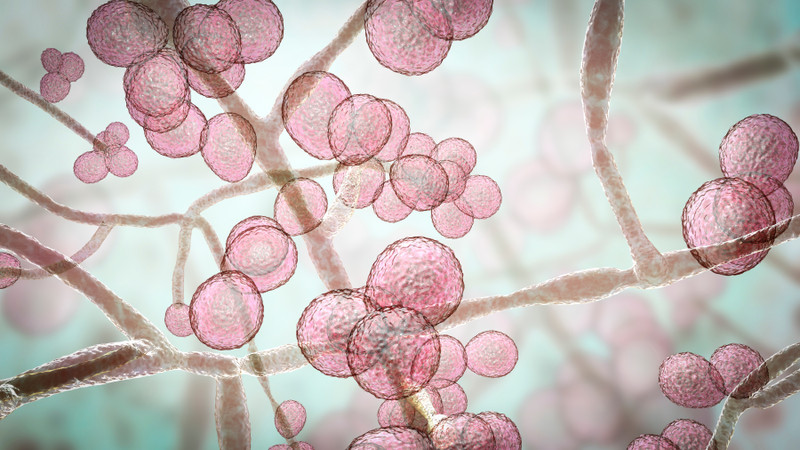It is fairly common for women to get a yeast infection at least once in their lives, but the first time a women gets one can be a fright. Symptoms can include the three ‘i’s’ – irritation, inflammation, and itching – along with the cottage-cheesy-like discharge that is painful and can be a bit of a shocker on sight upon its first arrival.
What Is a Yeast Infection?
A vaginal yeast infection, formally known as vaginal candidiasis, is caused by a fungus overgrowth that lives in the vagina naturally, a fungus known as Candida albicans. Those candida yeast cells are always present, growing in the vagina. However, too much growth of these calls, as well as bad bacteria, stimulated by such factors as pregnancy, the use of antibiotics, heightened stress, or wearing a wet swimsuit for too long can result in a yeast infection. In addition to the symptoms mentioned above, the infection can be accompanied by swelling of the vagina and vulva.
Yeast infection sufferers can take consolation in a couple of numbers: 75 percent of women will go through a yeast infection during their life, and up to 45 percent will get another such infection sometime later in life. It is worth noting that if you do have a yeast infection, it is possible to pass it on to your partner during sexual intercourse, so open communication should always be in order.
4 Natural Remedies for a Yeast Infection
If you start experiencing what you believe is a yeast infection, your first move should be to see a physician to get a proper medical diagnosis. If it is indeed a yeast infection, your physician or healthcare provider might prescribe a medication or two. But also consider using that same one-on-one opportunity to discuss with your doctor or nurse practitioner whether a therapy guided by the use of natural remedies as an alternative or parallel course is in order. Following are four supplements and nutrients in alphabetical order that have been identified to be effective in treating yeast infections:
Vitamin C. This popular staple, also known as ascorbic acid, is included in many people’s daily regimen of nutrients, and for good reason. It is well known for bolstering immune systems and its antimicrobial properties, making it double trouble for yeast infections.
Coconut oil. Not only can coconut oil, with its own antifungal characteristics, battle against Candida albicans, it is a worthy “carrier oil” for even more potent essential oils with antifungal properties.
Garlic. As a known natural antifungal and antibiotic, garlic is usually a great choice among supplements when infections are involved. One study referenced by the Natural Library of Medicine found garlic to be a potent antifungal effectiveness against candida albicans when compared to onion and lemon juice extracts.
Probiotics. Because a yeast infection is marked by an imbalance between your good and bad bacteria, probiotics are particularly helpful because of their ability to balance good bacteria against their foes, the bad bacteria.
While annoying and painful, yeast infections are fairly common among women. They can be avoided with practices related to proper vaginal hygiene. Plenty of natural treatments are available, including an assortment of supplements and nutrients, such as those described here.

